14 Nov 2017
Statutes Amendment (Extremist Material) Bill
Adjourned debate on second reading.
(Continued from 18 October 2017.)
The Hon. A.L. McLACHLAN (17:40): I rise to speak to the Statutes Amendment (Extremist Material) Bill. I speak on behalf of the Liberal Party and indicate that the Liberal Party supports the second reading of the bill. The bill constitutes one of the government’s counterterrorism measures by giving the police greater powers to intervene during early stages of radicalisation and before a terrorist act has been committed.
The bill addresses what has been described as a legislative gap in the South Australian statute books. It does this by creating two new criminal offences, one indictable and one summary, which will enable the police to intervene during the stages of radicalisation of an extremist. There is a preventative aspect to these powers in that there is no requirement that there be a connection to any terrorist act either planned or committed. This represents a novel approach for South Australian law in this area. The government claimed that this approach will disrupt offences in a timely fashion and increase the ability to arrest suspects and implement preventative strategies through bail conditions.
I will now turn to the detail of the bill. Firstly, the Criminal Law Consolidation Act will be amended to add an offence where a person without reasonable excuse collects or makes a record of information of a kind likely to be of practical use to a person committing or preparing a terrorist act. This is targeted at the possession of instructional material for the commission of terrorist acts. The proposed provisions will also criminalise possession of a document or record containing information of that kind. The maximum penalty for this offence is seven years’ imprisonment. The bill also enables a court to order forfeiture of the materials.
The government has advised that when introducing the bill, this particular offence has been modelled on a similar provision in the United Kingdom’s Terrorism Act 2000, which has resulted in successful prosecutions. The bill also proposes to amend the Summary Offences Act by adding to the act the offences of possession, production or distribution of extremist material without reasonable excuse.
Extremist material is defined as material that a reasonable person would understand to be directly or indirectly encouraging, glorifying, promoting or condoning terrorist acts. It also encompasses material that is seeking support for or justifying the carrying out of terrorist acts and material that a reasonable person would suspect has been produced or distributed by a terrorist organisation. The maximum penalty for the summary offence is a fine of $10,000 or imprisonment for two years.
The bill has included defence provisions for this offence to cover the publication of films or computer games or where the material was distributed for a legitimate public purpose. A legitimate public purpose is defined in the bill to include educating or informing the public; works of artistic merit; law enforcement or public safety; medical, legal or scientific purposes; reporting by media organisations; and any other factor that the court determining the charges considers relevant.
While the Liberal opposition is generally supportive of legislative mechanisms that will ensure that our community is kept safe, these new measures cause many in our community great concern, given that there does not need to be any proof of a link to a planned terrorist activity. On a personal note, I share these concerns. Such concerns were expressed by the Law Society of South Australia in their submission dated 30 October. In regard to the offences proposed to be added to the Criminal Law Consolidation Act, the society expressed concern that the effect ‘if enacted as drafted, would be to potentially render non-terrorist related activities, and its participants, terrorists’.
The society went on to suggest that if a provision is to be included in the Criminal Law Consolidation Act, the offence should contain an element of intent or purpose; for example, a person who collects or possesses such information for a purpose connected with the commission of an act of terrorism. Whilst the Liberal Party is mindful of these concerns, the party has balanced these against the need to protect our community and has decided to support the second reading of the bill.
Debate adjourned on motion of Hon. T.J. Stephens.
View source
